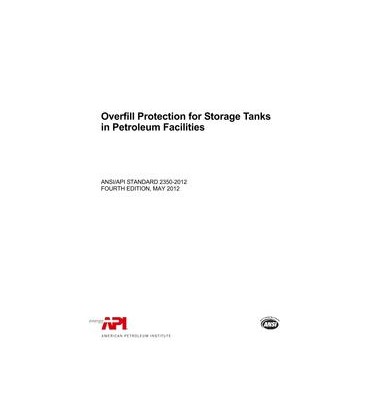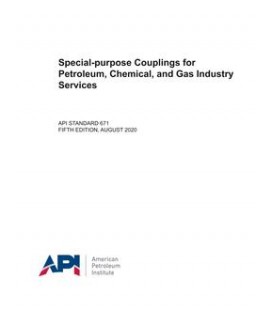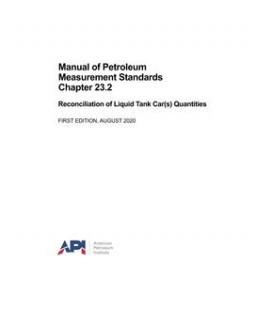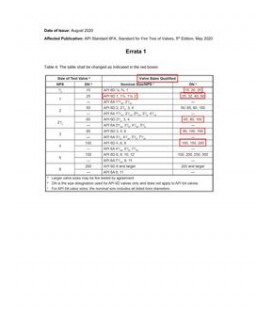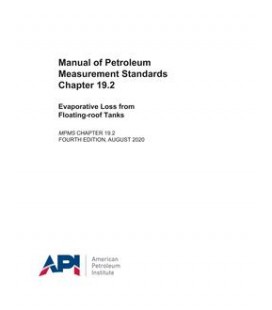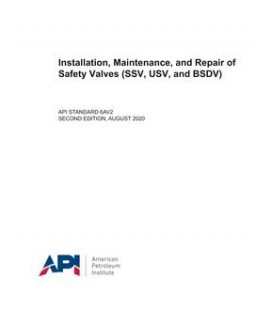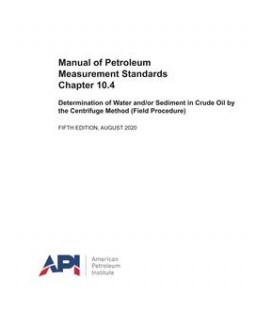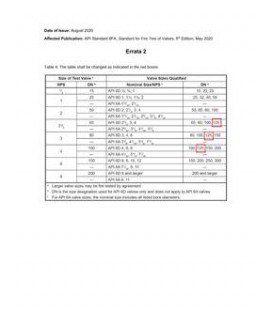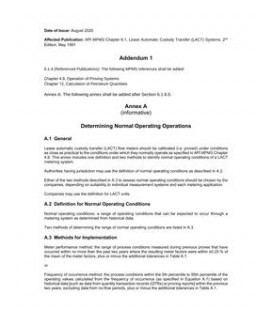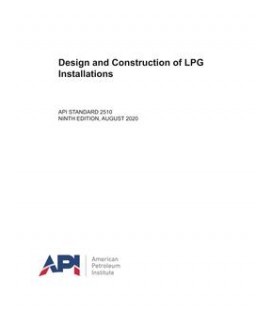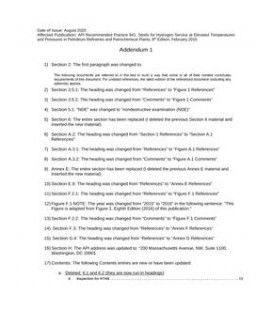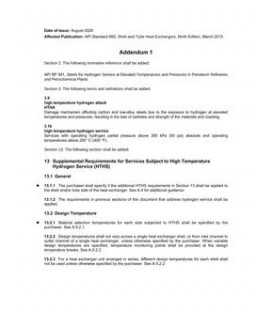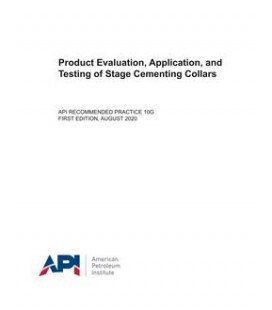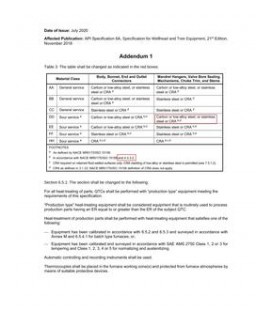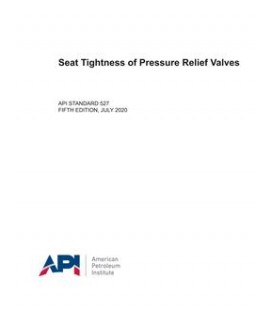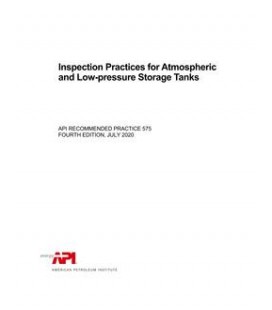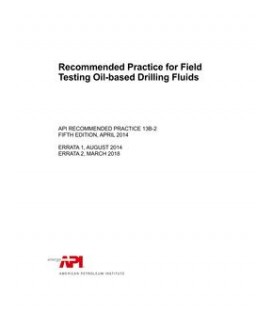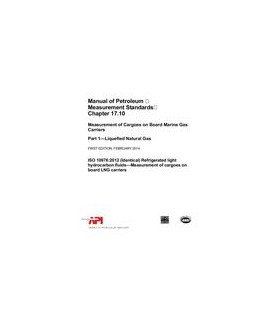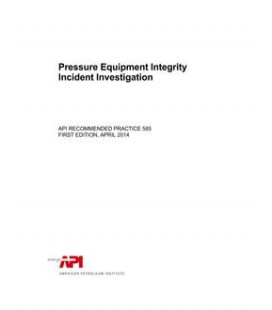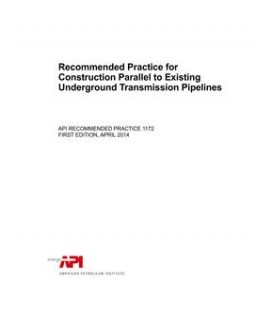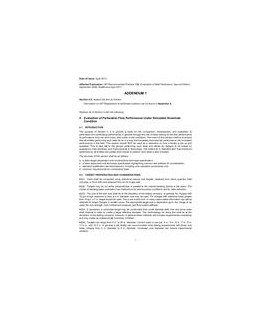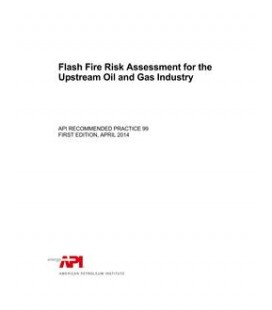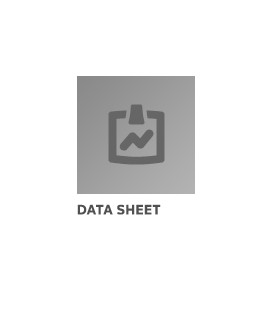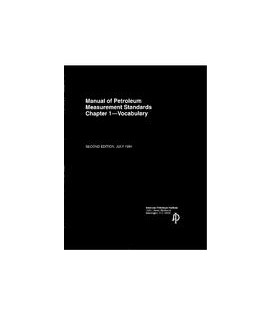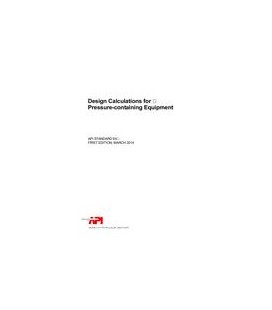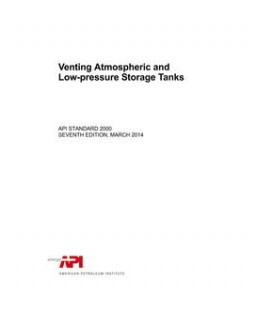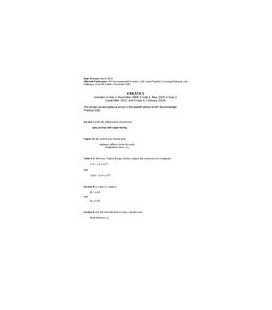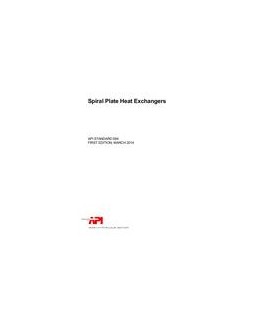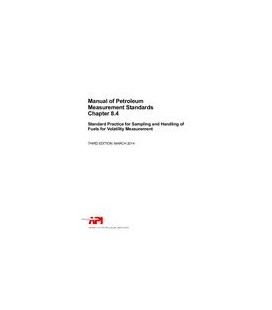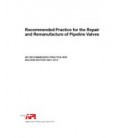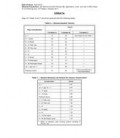Cart
0
0
item(s)
-
$0.00
No products
To be determined
Shipping
$0.00
Total
Quantity
Total
Product successfully added to your shopping cart
There are 0 items in your cart.
There are 0 items in your cart.
Total
API Std 2350
API Std 2350 Overfill Protection for Storage Tanks in Petroleum Facilities, Fourth Edition
standard by American Petroleum Institute, 05/01/2012
Reduced price!
M00010239
New product
Full Description
ANSI/API Standard 2350 addresses overfill protection for petroleum storage tanks. It recognized that prevention provides the most basic level of protection, thus while using both terms "protection" and "prevention", the document emphasizes prevention. The standard"s scope covers minimum overfill (and damage) prevention practices for aboveground storage tanks in petroleum facilities, including refineries, marketing terminals, bulk plants, and pipeline terminals that receive flammable and combustible liquids.Use of this standard is intended for storage tanks associated with marketing, refining, pipeline and terminals containing Class I or Class II petroleum liquids. Use is recommended for Class III petroleum liquids. This standard does not apply to:underground storage tanks;aboveground tanks of 1320 US gallons (5000 liters) or less; aboveground tanks which comply with PEI 600; pressure vessels; tanks containing non-petroleum liquids;tanks storing LPG and LNG;tanks at service stations;tanks filled exclusively from wheeled vehicles (i.e. tank trucks or railroad tank cars); andtanks covered by OSHA 29 CFR 1910.119 and EPA 40 CFR 68 or similar regulations.
This standard recommends application of PEI Recommended Practice 600 Recommended Practices for Overfill Prevention for Shop-Fabricated Aboveground Tanks for overfill protection where applicable for aboveground tanks falling outside the scope of this document.
The purpose of this standard is to assist owner/operators and operating personnel in the prevention of tank overfills by implementation of a comprehensive overfill prevention process (OPP). The goal is to receive product into the intended storage tank without overfill or loss of containment.
This standard is one of minimum requirements. Alternate approaches or variations on the principles of this standard that provide equivalent or more robust overfill prevention are acceptable. Alternate approaches may be needed when the tank system varies from the typical configurations described in this standard. The rationale for the implementation of each overfill prevention process (OPP) should be documented and retained by the owner and operator.

